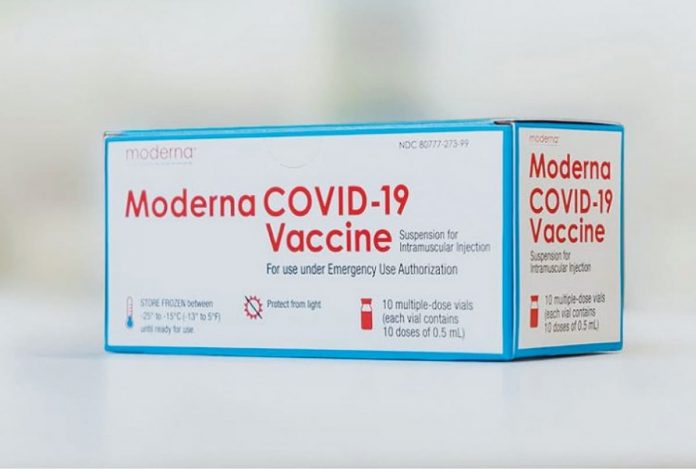Arbutus Biopharma Corporation and Genevant Sciences today filed a lawsuit in the U.S. District Court for the District of Delaware against Moderna, Inc. and a Moderna affiliate seeking damages for infringement of U.S. Patent Nos. 8,058,069, 8,492,359, 8,822,668, 9,364,435, 9,504,651, and 11,141,378 in the manufacture and sale of MRNA-1273, Moderna’s vaccine for COVID-19.
The patents relate to nucleic acid-lipid particles and lipid vesicles, as well as compositions and methods for their use. The filed complaint is available on the Arbutus website.
William Collier, President and CEO of Arbutus, stated:
Arbutus and its licensee Genevant do not seek an injunction or otherwise seek to impede the sale, manufacture or distribution of MRNA-1273. However, we seek fair compensation for Moderna’s use of our patented technology that was developed with great effort and at great expense, without which Moderna’s COVID-19 vaccine would not have been successful.
It is well established in the scientific literature that the most significant technological hurdle to developing and deploying medicines using mRNA is engineering a safe and effective way to deliver the mRNA to human cells. Scientists at Arbutus and Genevant have spent years developing and refining lipid nanoparticle (LNP) delivery technology, which has been licensed for various applications to many different third parties. Arbutus and Genevant’s LNP technology relies on microscopic particles built from four carefully selected types of fat-like molecules to shelter and protect RNA molecules. With this technology, the RNA can travel through the human body to a target cell and through the target cell’s membrane before releasing the RNA. Without this crucial delivery technology, the RNA would quickly degrade in the body and be ineffective.
In December 2021, the United States Court of Appeals for the Federal Circuit rejected Moderna’s appeal of a prior decision of the U.S. Patent Trial and Appeal Board holding all claims of the asserted ’069 patent to be patentable and dismissed Moderna’s appeal challenging a similar finding of patentability with respect to certain claims of the asserted ‘435 patent. Moderna had initiated inter partes review (IPR) challenges against these patents in 2018 and 2019.

